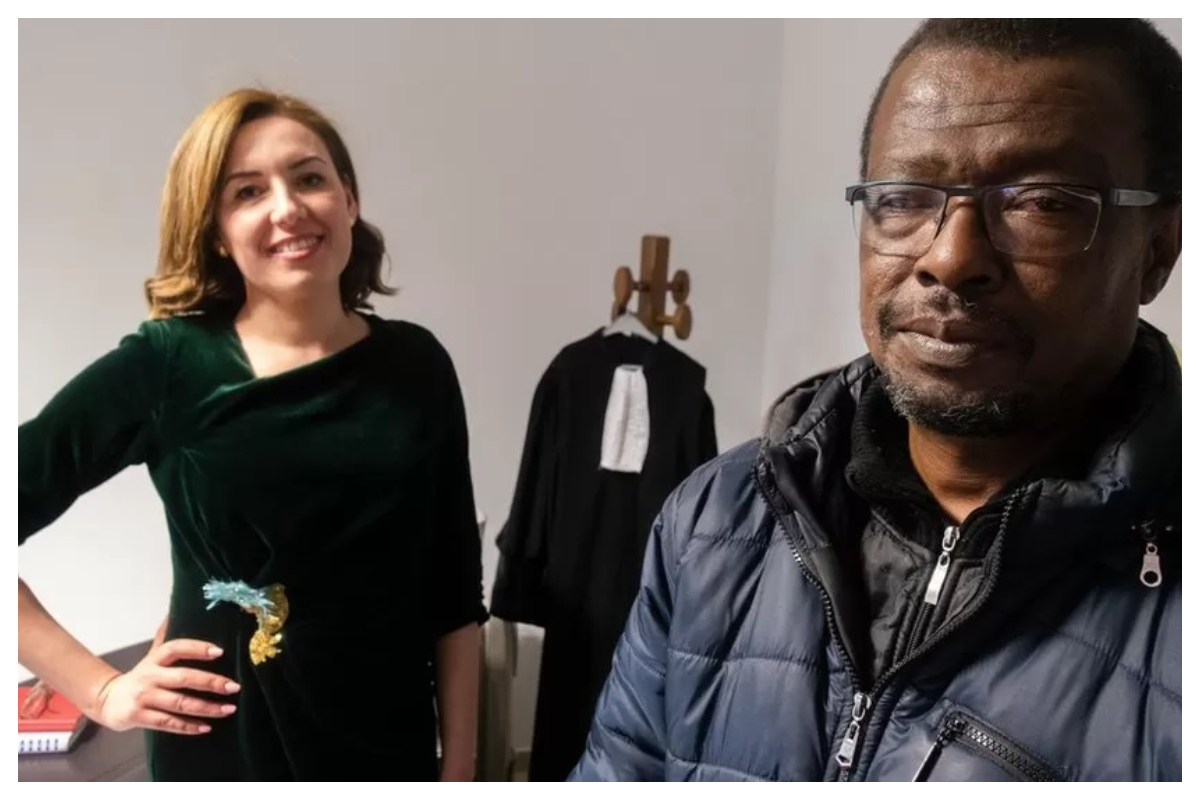- Now I can’t leave my house “- In 2018, Tunisia became the first Arab country to criminalise racial discrimination with Law 50
- Law 50 allows a three-year jail penalty for racist speech or actions.
- As the country’s first black MP said, Mr. Karim is one of many black individuals who feel they are still victims of racism despite this new law.
Lassad Karim liked his work for 12 years until he felt a new boss was racist. “She insulted me out of the blue,” he said that. Mr. Karim accuses the manager of using a derogatory slur for black staff.
“Shocked. Why? What’s my crime? I what? Broken.” It still affects his self-esteem. “I enjoyed exploring. Now I can’t leave my house “- In 2018, Tunisia became the first Arab country to criminalise racial discrimination with Law 50.
It was the conclusion of years of struggle by activists energised by the 2011 democratic uprisings that toppled Zine El-Abidine Ben Ali.
Law 50 allows a three-year jail penalty for racist speech or actions. Maximum fine: 3,000 dinars ($950; £775)
So far, it has prosecuted several discriminators, including a lady in Sfax who raped her daughter’s Afro-Arab teacher.
Mr Karim was different. His employer denied racism and terminating him; his complaint was rejected for lack of proof.
As the country’s first black MP said, Mr. Karim is one of many black individuals who feel they are still victims of racism despite this new law.
“Almost everyday, folks, particularly black individuals, write to me. I get their texts. When they complain, “Jamila Ksiksi. She said following parliament’s suspension, MPs can’t highlight the problem of constituents suffering from racism or scrutinise government attempts to fight it.
“Tunisians have no voice without a parliament,” she said. Tunisia’s social and economic problems exacerbated in July when President Kais Saied halted parliament and fired the administration.
Saied claimed his choice was the best way to restructure the nation and end political stalemate. The 64-year-old president called for legislative elections last month after a referendum gave him unprecedented powers.
According to Ms. Ksiksi, Tunisia’s parliament used to oversee the groundbreaking anti-racism law, but that’s no longer feasible. She thinks that political uncertainty may compel courts to delay racial discrimination lawsuits. “There’s no one to press or question about delays. Dissolving parliament hinders people’s rights.”
Ms Ksiksi wonders about whether the new constitution would preserve human rights laws, notably Law 50. we contacted a spokeswoman for President Kais’ new administration but hasn’t heard back.
A senior Tunisian lawmaker and president ally denies recent events delayed the battle against racism. “The courts never rest. Still using Law 50 “Amal Hamrouni of El-Tayyar El-Chaabi As for examining the government’s work, Ms. Hamrouni said President Kais had to suspend parliament.
“Legislative chamber wasn’t performing its job. Internal strife plagued it. He was correct to suspend it “says Law 50 aims to combat both single acts of racism and a history of prejudice in Tunisia.
Kamal Atig Zeiri, a cab driver, claimed he has encountered prejudice throughout his life and wants to eliminate “Atig” from his surname because of its history. The word Atig means “freed by.”
His forefathers were among millions of African slaves traded in the Arab world. Tunisia banned this trade in 1846. “I won’t rest until I remove it from my surname,” says Atig Zeiri. “This term has given me PTSD,” he said.
In principle, Law 50 should let Atig Zeiri alter his name, but he’s still waiting for the courts to accept his request. His daughter Lena changed her last name.
[embedpost slug=”tunisia-from-presidents-power-grab-to-referendum/”]





















